This is an 1815 print of “a young woman in an autumnal walking dress taken from La Belle Assemblee…” (123). It appears in an annotated edition of Persuasion that I have on loan from one of my students.
This dress is described as a “jaconet muslin high dress… with a long sleeve, prettily and tastefully ornamented at top with letting-in lace, in such a manner as to form a very novel half sleeve. The bottom of the dress is finished by a triple flounce of worked muslin or lace.”
Wouldn’t you like to go back in time for an afternoon walk? I know I would, especially if I could wear something like this.
This dress is significant because it is similar to that which the Musgrove and Elliot sisters would have worn “on their November 1814 walk from Uppercross to Winthrop” (123).
It was a very fine November day, and the Miss Musgroves came through the little grounds, and stopped for no other purpose than to say, that they were going to take a long walk . . .
—Persuasion, Jane Austen
In this scene, we see the interplay of family relationships. The sisters do not want Mary along, which means Mary will go: “Mary immediately replied, with some jealousy at not being supposed a good walker, ‘Oh, yes, I should like to join you very much, I am very fond of a long walk. . .'”
They invite Anne, who they prefer, and then the men join them as well (as luck would have it): “Just as they were setting off, the gentlemen returned. They had taken out a young dog, who had spoilt their sport, and sent them back early. Their time and strength, and spirits, were, therefore, exactly ready for this walk, and they entered into it with pleasure.”
Austen uses this walk to accomplish several things: More of Mary’s character is revealed (along with her snobbery and family pride). Furthermore, Anne overhears Wentworth and Louisa Musgrove talking, and we learn vital information about his opinion of Anne. He believes a woman should be firm. Louisa gives him her explanation of why Anne declined to marry Charles:
We should all have liked her a great deal better; and papa and mamma always think it was her great friend Lady Russell’s doing, that she did not. They think Charles might not be learned and bookish enough to please Lady Russell, and that therefore, she persuaded Anne to refuse him.
–Louisa Musgrove, Persuasion
For Anne, this is pure torture. Anne did refuse Wentworth based on the pressure put on her by her family and by Lady Russell. However, she did not refuse Charles for the same reason; she refused Charles because she still loved Wentworth. Louisa’s words have only served to further cement Wentworth’s negative opinion of Anne:
The listener’s proverbial fate was not absolutely hers; she had heard no evil of herself, but she had heard a great deal of very painful import. She saw how her own character was considered by Captain Wentworth, and there had been just that degree of feeling and curiosity about her in his manner which must give her extreme agitation.
—Persuasion, Jane Austen
Austen also uses this outing to right the relationship between Charles Hayter and Henrietta, which is important because it resolves the Henrietta-Wentworth-Louisa problem:
. . . that there had been a withdrawing on the gentleman’s side, and a relenting on the lady’s, and that they were now very glad to be together again, did not admit a doubt. Henrietta looked a little ashamed, but very well pleased;–Charles Hayter exceedingly happy: and they were devoted to each other almost from the first instant of their all setting forward for Uppercross.
—Persuasion, Jane Austen
Austen tells us what this means to Anne. As her heart sinks, so do ours:
Everything now marked out Louisa for Captain Wentworth; nothing could be plainer; and where many divisions were necessary, or even where they were not, they walked side by side nearly as much as the other two.
—Persuasion, Jane Austen
A walk is never just a walk in Austen’s novels.
She uses this one, in the middle of autumn, to bring about an important shift in several relationships. When Wentworth helps her into the gig with Admiral and Mrs. Croft at the end of this chapter, Anne comes to an important realization:
She understood him. He could not forgive her, but he could not be unfeeling. Though condemning her for the past, and considering it with high and unjust resentment, though perfectly careless of her, and though becoming attached to another, still he could not see her suffer, without the desire of giving her relief.
–Anne Elliot, Persuasion
In the next portion of the novel, another outing shifts the entire tenor of the novel: The visit to Lyme. At the outset, the Musgrove girls are happy and carefree. Wentworth is enjoying his life as an eligible bachelor. But Louisa’s injury changes everything. Nothing is ever the same after that fateful day at the Cobb.
To read more of my articles about Jane Austen and the Regency era, click here. To follow my Bookstagram feed on Instagram, click here.

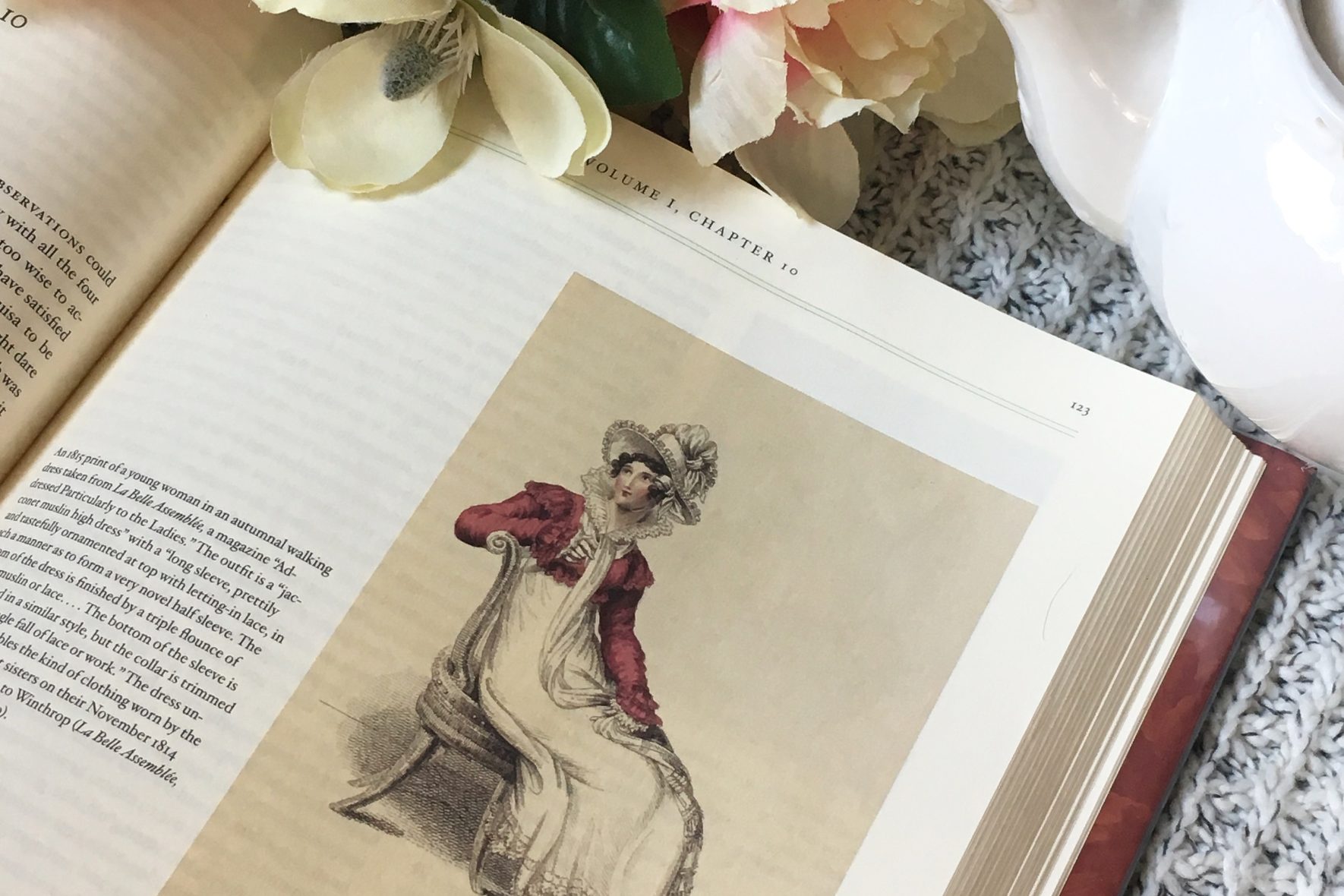
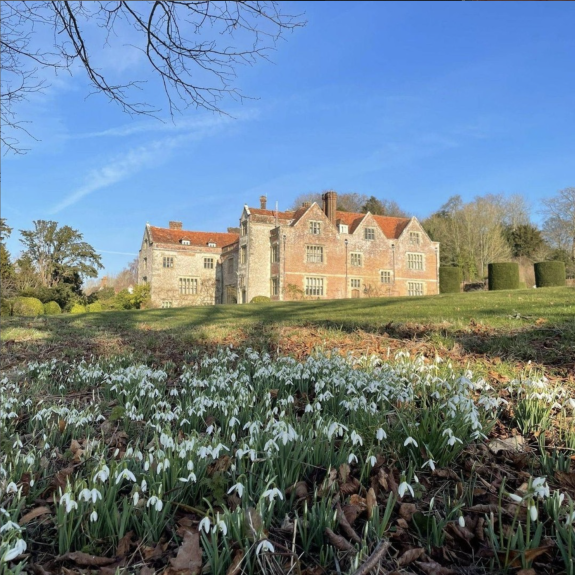
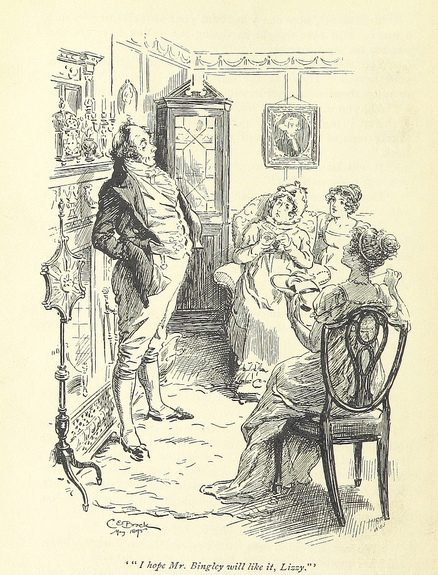
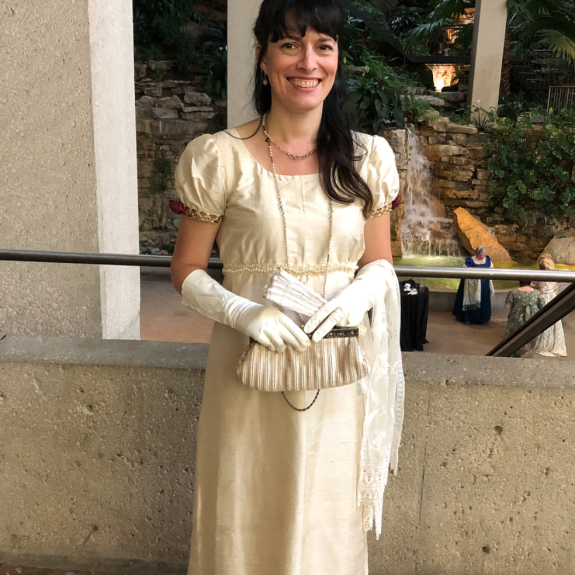


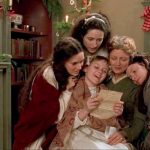


Leave a Reply